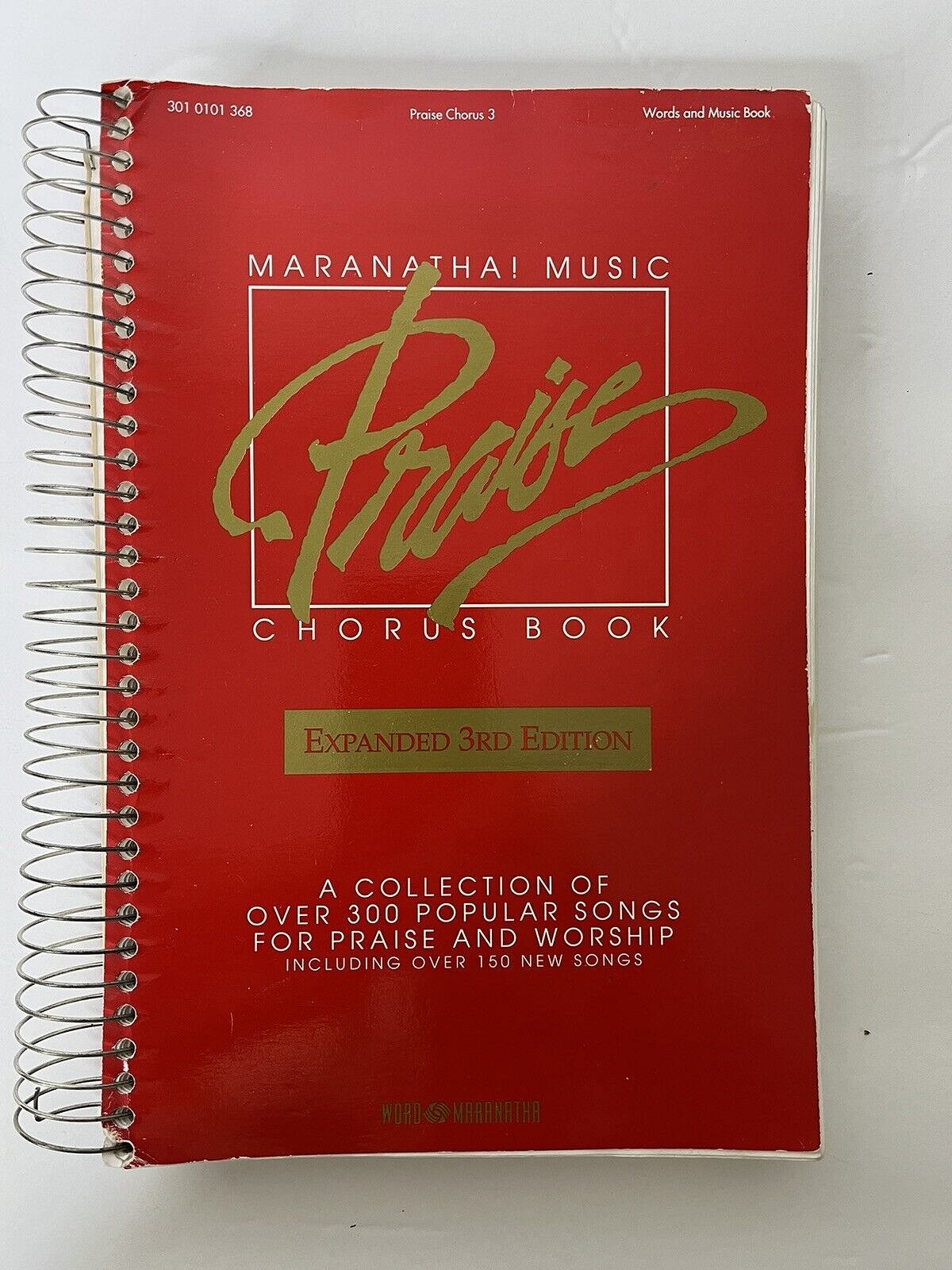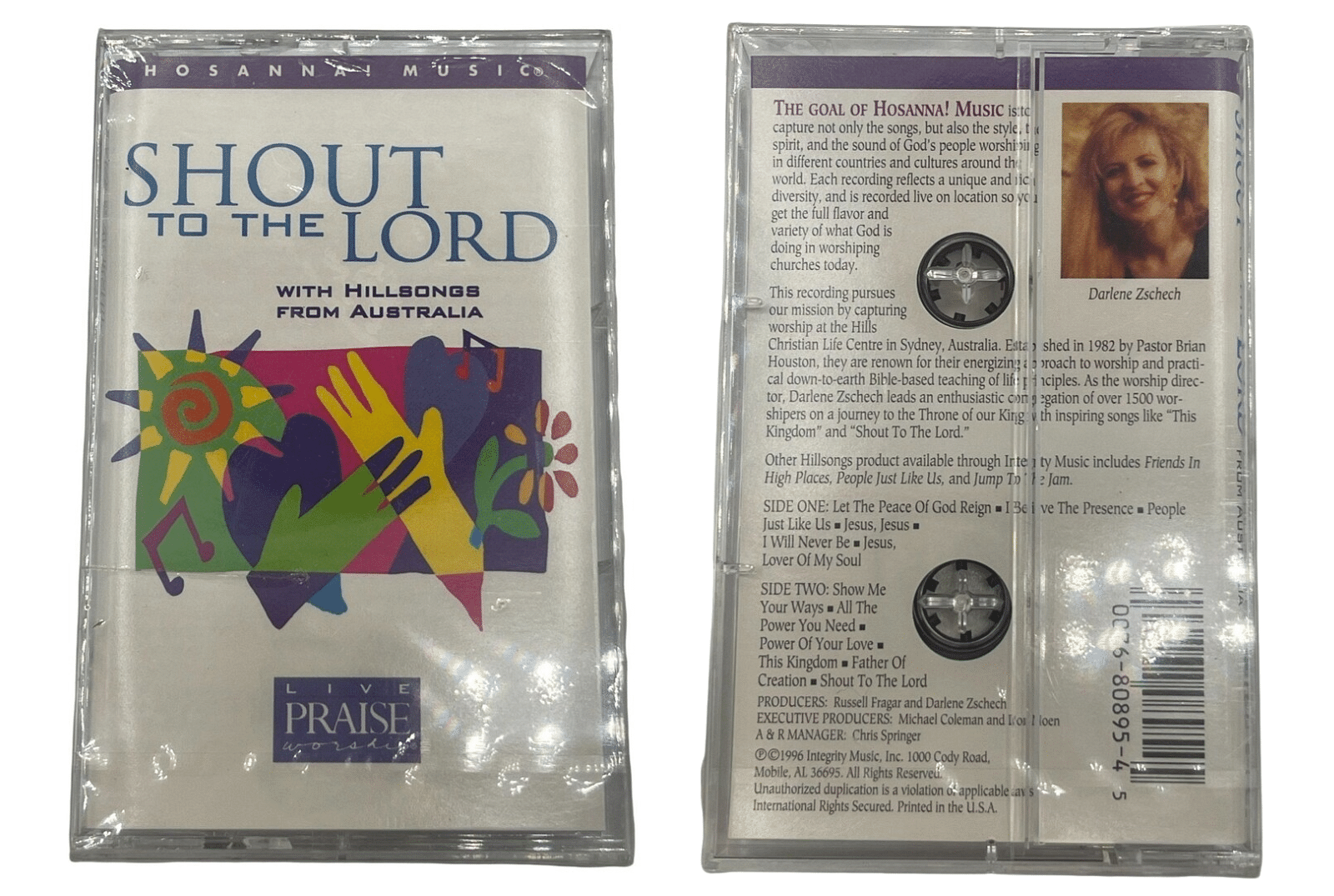The first time I walked through the doors of Hillsong NYC, I was surprised, to say the least. I mean, it's not like I didn't know what to expect. I was well aware by then of what Hillsong was. It just hit me differently that day.
Let's rewind. I think I need to set the stage here. I began my Christian life in a pretty traditional church. It was a Filipino church in the old urban neighborhood of Garfield, NJ. My grandparents were founding members there, and I was the first baby born into that church family. As the years passed, the church would slowly shed most of its traditionalism and begin introducing more modern and contemporary music styles to the worship service, relax the dress standards a bit, especially for young people, and put into place other markers of the Evangelical evolution towards becoming more marketable to the outside world. However, I wasn't there for any of that.
When I was around 5 or 6 years old, my parents moved to the western half of New Jersey—to the old-money suburban county center called Morristown, and we found a church that would become my home for almost two decades: Parsippany Baptist Church, the fundamentalist stronghold of North Jersey, and a key player in the Independent Fundamentalist Baptist (IFB) movement, particularly in a region of the country not known (at the time) for any large Evangelical populations as this state was mostly Catholic.

When I was a kid, there were some "adult" disputes at the church regarding the music that our youth group used for our gatherings. We had been using the Maranatha! Music Praise Chorus Book (that thick red spiralbound songbook that was a part of every church pianist and guitarist's library in the mid- to late-90's). That book was 86ed from our church in favor of The Wilds Songbook, a book practically unheard of in most Evangelical spaces but was the de facto youth group songbook for IFB churches, particularly those in the Bob Jones University/Northland Baptist Bible College/Clearwater Christian College orbit.
Something about that red songbook just stuck with me as a kid, and before long I bought my own copy and was teaching myself to play guitar through repeating those worship songs—songs that were forbidden at my church, thanks to their "worldly, fleshly, sinful rhythms."
I led an ambivalent childhood. On the one hand, I was frustrated with the militant and oppressive music standards at my church, but on the other hand, any time I visited that Filipino church in Garfield, I sat stoically judging the congregation, the pastor, and the musicians for bringing sinful instruments like electric guitars and drum kits into a church service. (To be honest, there was quite a lot of internalized racism fueling my attitudes here, but that's a story best left for another post.)
But I do remember one song standing out to me that the worship team sang. I can't recall if it was in my old red songbook or not, but it really stuck with me that day. The song was called, "Shout to the Lord," and within a few days I was at the Family Christian Store in Mountain Lakes convincing my mom to buy the cassette tape with the song on it. The cassette was called Shout to the Lord featuring Hillsongs of Australia (yes, Hillsongs with an S at the end), and the song I cared most about was the last one on the recording.
 As the years passed, I graduated to other Christian music styles—the Newsboys (pre-Michael Tait), Audio Adrenaline, Switchfoot, Kutless, POD, 12 Stones—and even non-Christian music like Green Day, Weezer, Sugar Ray, and Limp Bizkit; and my excitement over that one Hillsong track faded. Until 2008, when the TV show American Idol featured a special performance of the song on national network television.
As the years passed, I graduated to other Christian music styles—the Newsboys (pre-Michael Tait), Audio Adrenaline, Switchfoot, Kutless, POD, 12 Stones—and even non-Christian music like Green Day, Weezer, Sugar Ray, and Limp Bizkit; and my excitement over that one Hillsong track faded. Until 2008, when the TV show American Idol featured a special performance of the song on national network television.
Ever since I was little, I wanted to be a part of something big and growing. I loved the word "international," and I would imagine what the Awana clubs global headquarters was like. I remember visiting the American Bible Society building in the city and thinking, "This is where a global movement can flourish." These thoughts and feelings were incongruous with my little church and Christian school, microscopic even in comparison to the more well-known institutions in the fundamentalist world, like Falls Baptist Church and their associated Falls Baptist Academy in Menominee Falls, WI (which, and this is a point of bragging rights, my Bible quiz team from the tiny little Parsippany Christian School defeated at an annual Bible quiz tournament one year in Michigan).
So when it came time for me to choose a college, I wanted to go to the one with the most influence in my world—the internationally known (and, frankly, internationally derided) Bob Jones University.
I attended BJU from 2003 to 2007, all the while keeping my music tastes a secret. While I was aware of the strict standards thanks to my upbringing in a BJU feeder church and Christian school, I was not prepared for just how stringently those standards were enforced or the culture of spying and tattling that was created and encouraged by the administration (if you're interested in hearing me talk about my BJU experience, check out this podcast hosted by my friend Scott Okamoto).
I pivoted quickly and found ways around the rules, even discovering new pop, indie, and rock music while living on the campus of a school that would kick me out if they found out what was on my iPod. I could go on about what it was like to live under those rules at a university, but this post isn't about my time at BJU or even in fundamentalism.
In fact, let's fast-forward a bit. After I graduated from BJU, I went back to my home church in Parsippany for several months before life there became almost unbearable. My high school best friend had been attending a new startup church in Morristown called Liquid Church, the first church in New Jersey to cultivate a "rock-concert" atmosphere at their services (well, the first in New Jersey to brand and market it well enough to have some staying power), and he invited me to attend their evening services. So I started skipping the evening services at Parsippany Baptist and began attending Liquid instead.
The whole experience was brand new to me. While I had begun frequenting rock concerts in the city by then, that was a secret I kept well hidden from my friends at Parsippany Baptist, and I never imagined that a church could recreate that atmosphere. But Liquid kind of did it, and they did it better than any church I had seen at the time.
Rumors about what I was doing on Sunday evenings started spreading around Parsippany Baptist, and how could they not? The church had an average Sunday attendance of 90 people, 15 of whom were my peers, the kids I went to Sunday School with as elementary students, the same kids I went to youth group and on missions trips with in high school, and post-college the same young adults I spent almost all my social life with. And this group included 2 of my pastor's 4 kids.
They all knew who my best friend was. After all, we went to high school together (our high school was sponsored by the church, though its attendance wasn't limited to church kids). They knew that he grew up Italian Pentecostal and that those people had lax music standards and probably drank alcoholic wine at their communion. And since he was Pentecostal, the church he grew up in likely wouldn't have been opposed to Liquid Church on principle, despite probably being jealous of their success.
One of the surest signs that you were in a cult is the friendship losses that occur after you leave. I was in an extremely high-control cult.
Within a week of my family officially withdrawing from Parsippany Baptist, my brother and I were cut off from our friends. The kids we spent 6 days a week with for 18 years suddenly stopped talking to us.
Continued in part 2.


